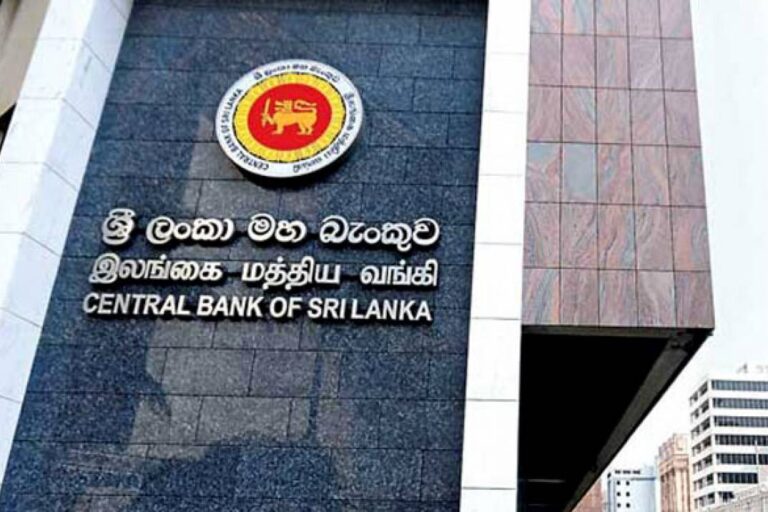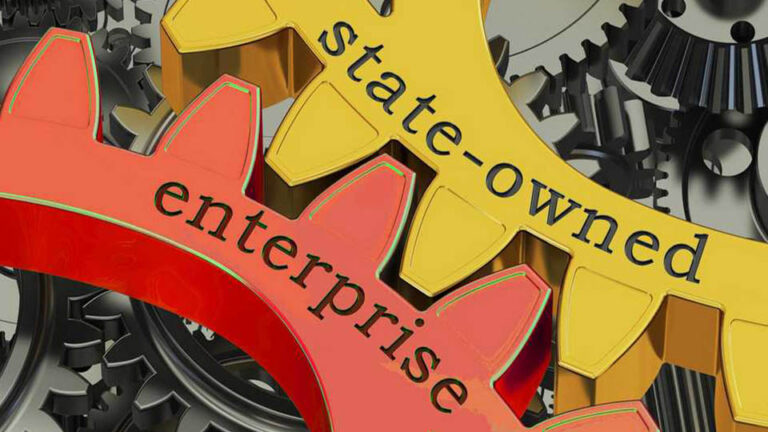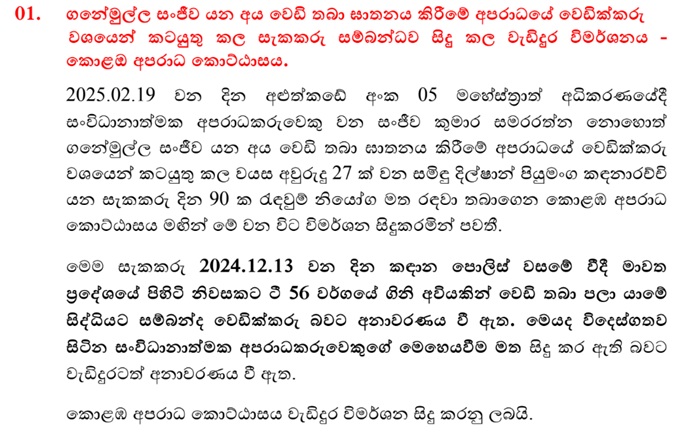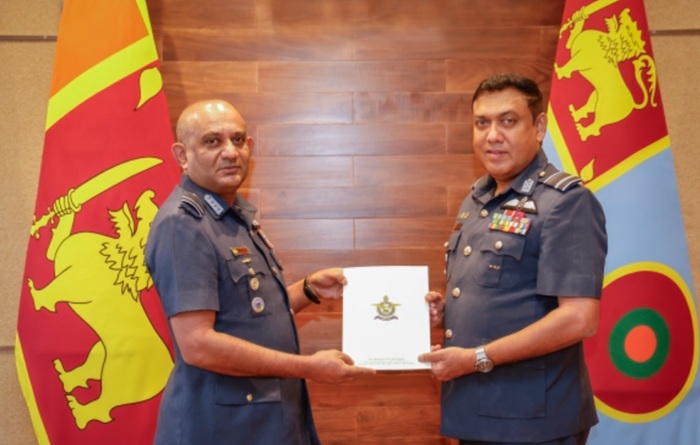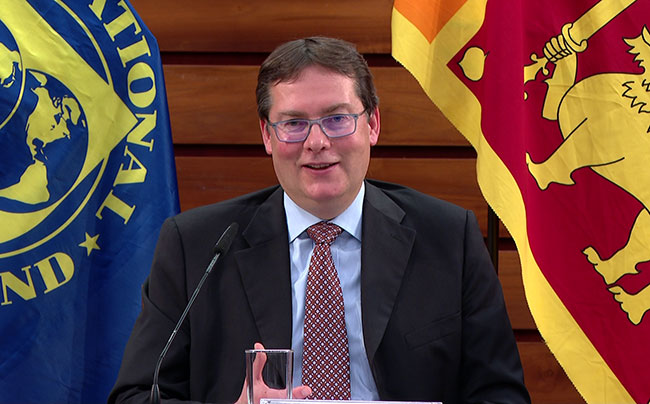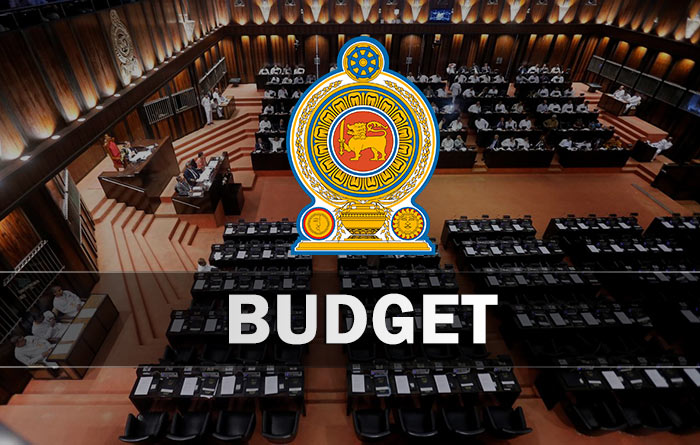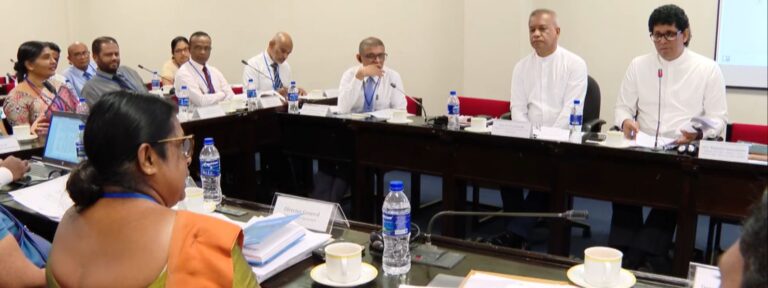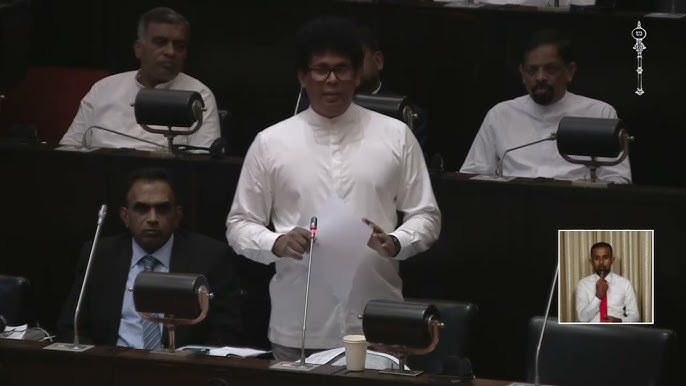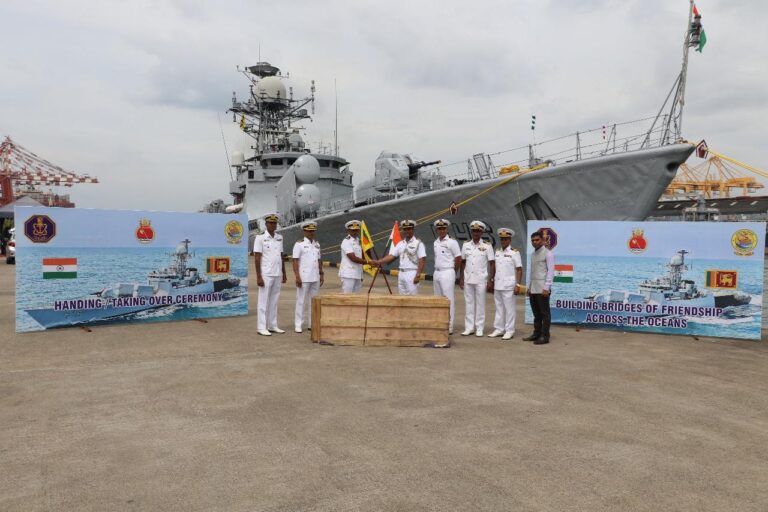By: Staff Writer
March 04, Colombo (LNW): The Sri Lanka Tourism Development Authority is under increasing pressure to take immediate action to resolve the delays in developing Kalpitiya islands as tourist destinations. Agreements with selected investors, most of which expired in September 2024, have not resulted in any tangible outcome, thus prompting calls for decisive government intervention.
The SLTDA initially obtained 2,056.73 acres across 12 islands in Kalpitiya as free grants for tourism development in 2010 and 2012. By 2022, only 668.69 acres in 10 islands had been leased to seven companies.
Although the agreements were signed, none of the investors had begun development activities by the end of the 2022/2023 period, an audit report showed. Further compounding the problem, SLTDA did not collect approximately Rs. 93 million as lease payments from these lessees during the period from 2018 to 2024.
Amongst these, several factors were pointed out for the low achievement of targets, including delays in getting approval for water bungalows, conflicts with local fishing communities, islands being of insufficient size, and the general lack of infrastructure.
While SLTDA signed another four lease agreements in May 2023, those also struggled to progress properly owing to persistent infrastructure and approval delays.
Compounding the problems is that SLTDA has not, as yet, followed the basic infrastructure needs that were put down in the Kalpitiya Master Plan. Facilities such as jetties, water supply systems, centralized power plants, waste treatment facilities, and waterfront amenities are not available.
Such lack of infrastructure has considerably inconvenienced the investors’ operations and retarded the area’s transformation into a tourist destination.
Further, there is an unfinished master plan for the development of Kalpitiya town and two other islands called Palliyawatta and Muthuwal, which consists of 1,915.96 acres. A separate plan has been prepared for eight islands covering 1,845.48 acres, but the execution of the proposals has also stalled.
Audit findings further highlight financial inefficiencies, with funds allocated for the Kalpitiya Island Resort project largely unutilized. During 2020-2022, Rs. 17.6 million was allocated for resort development to increase the region’s hotel capacity. However, no progress was made toward these objectives as of November 2022.
In the light of these setbacks, the audit report calls for attracting capable investors, speeding up the approval processes, and providing the necessary infrastructure to accelerate project development. It further calls for a clearly defined timeline in the master plan itself, so that accountability would ensure progress.
Kalpitiya has great potential to become one of the key tourist destinations; hence, immediate action needs to be taken to revitalize the stalled projects and bring about the economic dividends of this strategic initiative.



